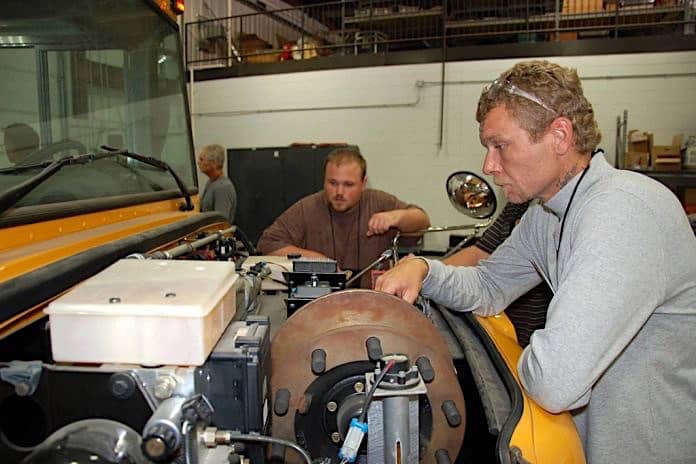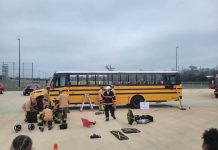Successful school bus district and contractor operations supervisors, safety supervisors and maintenance supervisors are heavily involved in setting specific targets for key performance indicators (KPIs) most closely tied to regulatory requirements, local work environment, fleet characteristics and driver performance.
To be successful, the entire bus operations management team must accurately decide what acceptable performance targets are, because schemes developed with no input from the staff who are held accountable have often failed to work in the long term.
While it is possible to create a KPI (metric) for any management function, it is not always practical. We must balance the effort involved and the cost of collecting the data with its actual or potential value. For example, the entire school bus industry must comply with regulatory performance indicators such as state vehicle inspection performance, audited driver qualification and training compliance, drug testing compliance, fuel tank monitoring, waste oil management, etc. Each of these tasks is measured in some way throughout the industry, and work is generated within each bus operation to comply with the performance expectations of our industry regulators. Failure results in violation of public trust and appropriate sanctions.
Once you create effective KPIs (or metrics) specific to your district or contractor operation, they become a valuable tool to manage and to comply with. Often, however, operations and maintenance metrics are worthless when they do not provide early indications of poor performance against pre-set goals. The key to effective KPIs is that the specific indicator normally should have a trigger level set on it that is used to initiate some corrective action. If no trigger has been set, then your KPI metric is ineffective. If no one has defined the level on the metric where performance becomes bad enough to require corrective action, then there is no point in recording it.
Measure what your bus operation is doing with its time and resources to achieve performance indicators
Effective key performance indicators are those that monitor compliance to internal and external goals and specifically identify where an operation allocates their time, people and money each month. If the bus operation program has no focus on delivering business objectives — whether regulatory, contract or school district directed — that operation ends up doing anything and everything to keep the bus system running. Over decades of work, we have come to understand that a successful operation is not about fixing things; it is about not having to fix things.
The secret is not to focus on just getting by, but instead focus on creating reliability and removing operating risk (the definition of safety). The school bus department has the duty to stop problems from starting, and where there are problems they are responsible to remove them so that reliability and risk reduction are produced. You only need to measure how much effort is being made in your school district or company today to improve it and make it a better place tomorrow to predict its future.
Developing KPIs starts by creating a pathway from the top to the bottom of the school bus transportation organization, so that you can connect key activities across the operation together with state or federal regulators, a school board or a corporate purpose.
Note that you build the KPI pathways top down, but the organizational goals are achieved from the bottom up. Operational success actually starts at the door by doing it right every time, bringing success toward achieving goals.
Once you have a clear link between business goals and the operational activities needed to achieve them, everyone can see the benefits that KPIs bring to the school district or business.
Pudlewski is the technical editor for STN magazine and has more than 40 years of experience in the student transportation industry as a maintenance and technology expert and consultant.


















